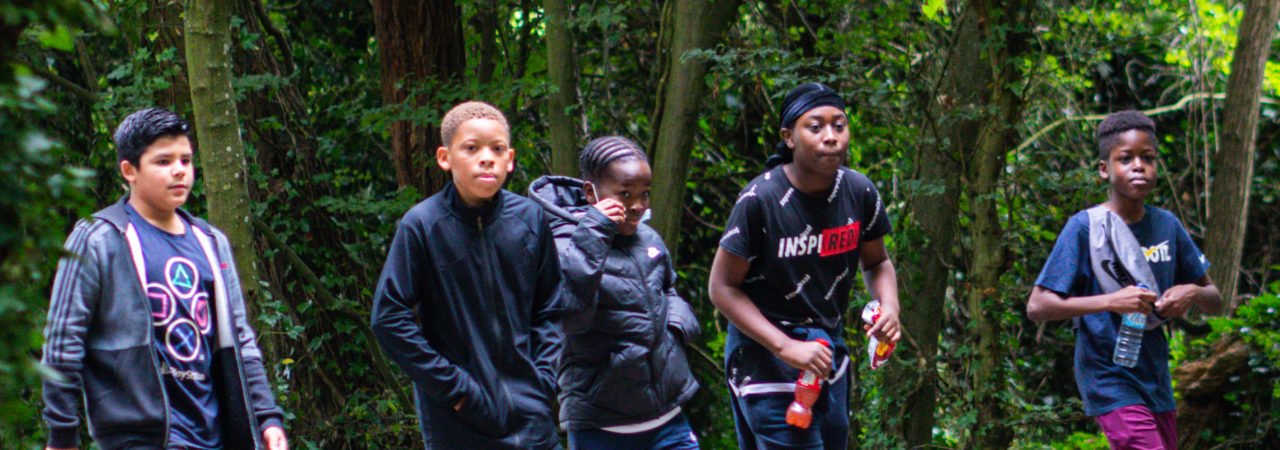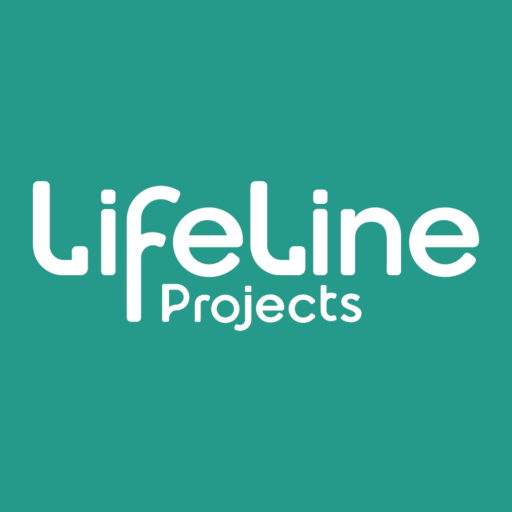LifeLine’s SW!TCH Lives programme is funded through the Community Safety Team of the London Borough of Havering. The SW!TCH Lives team provides support to vulnerable young people aged 11-25 in Havering, who are at risk of or who are currently known to the Criminal Justice System, to prevent their situation from worsening. The service works closely with the Council’s Youth Offending Service and Probation Service, as part of a greater focus on preventative measures for young people in the borough.
Erik† lives with his mother, along with two brothers and a sister. His father is absent—while they don’t talk about him much, Erik knows that he’s been in and out of prison. His older brother has already spent time in prison and the family worries about his younger brother following the same path. Erik himself was not in a gang but would take part in petty crimes with other young people.
Then, Erik went through a life-changing experience. He was involved in a violent incident when he and his friends were suddenly attacked. The situation escalated when two groups of youths clashed. It wasn’t gang-related or connected to any postcode rivalry, but it ended in serious consequences. During the attack, all of them were stabbed, and two of his friends suffered critical injuries from which they sadly did not recover. Understandably, this event had a deep emotional impact on him, leading to a diagnosis of post-traumatic stress disorder.
Since our mentoring sessions began, Erik has shown significant growth. At the start, he was notably withdrawn and unwilling to communicate. And it quickly became quickly evident that he had trust issues and was coping with survivor’s guilt over the attack. Over the course of our time together, he began to open up and share with me.
We decided on some simple structure to get started—we would go to the gym together regularly. Working out helps put him in a good mood and lets him channel his energy into something positive. Our time there has become an essential outlet for his feelings, but these sessions also give him a safe space to relax and have normal conversations away from his trauma. We often find that young men like Erik find it easier to be vulnerable in a less-formal setting–the gym can be a wonderful theatre for mentoring.
Thankfully, Erik also has a solid support network that is helping with rebuilding his sense of safety and hope. His mother is a key figure in his recovery journey. She is deeply engaged in his progress and fully supports the mentoring work he is receiving. Despite occasional challenges, like losing his phone or missing updates, he stays actively involved and that’s really encouraging.
He has come to enjoy talking with me, focusing on his present life and future goals. This is in marked contrast to when we began, as he would often focus on thoughts of revenge for his late friends. Now he speaks of his dream of living in America, of passion for playing basketball, and a desire to start a career. It’s clear that he wants to move on and be better—we’d been looking for job and training opportunities and, just recently, he’s taken the first step by enrolling in a training course for a skilled trade.
Erik is also receiving therapy and ongoing support from the Child and Adolescent Mental Health Services (CAMHS), with regular visits every two weeks. His mum, his siblings, CAMHS, LifeLine, and some close friends together form a strong circle of care. These connections are vital as he works through the trauma of that night and slowly moves forward.


Theo, Youth Development Worker
Lorem ipsum dolor sit amet, consectetur adipiscing elit. Ut elit tellus, luctus nec ullamcorper mattis, pulvinar dapibus leo.
The Outcomes Star is a tool to help measure and evidence the progress a young person makes throughout their journey with us. Completed at regular intervals by mentee and mentor together, the mentee’s current outlook in nine key areas is recorded on a simple 1-5 scale representing their progress on the journey to self-reliance.
Erik’s journey highlights the importance of providing a supportive environment and positive outlets for young people who are dealing with trauma.
His eagerness to continue with mentoring and his big ambitions for the future are promising signs of the resilience we’ve built together and the potential for even further growth.
Through our combined efforts, there is hope that he will continue to heal, process his experiences, and find strength in the community around him.


Daniel Kika
Lead Youth Development Worker



